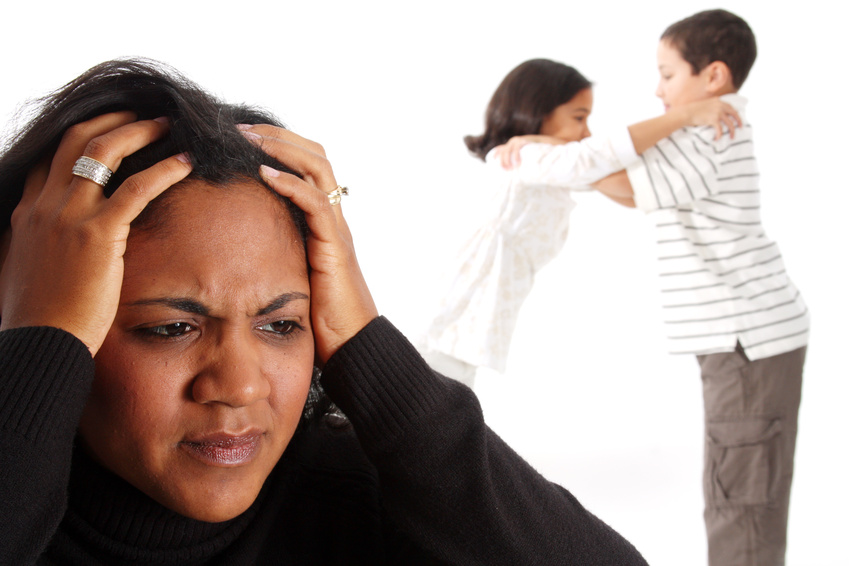The 5th Commandment; Do No Harm

Some commandments seem harder to follow; like keeping the Lord’s Day holy or honoring your mother or father, or not lying. But there is one commandment that many people look at and say, “I would NEVER do that one. There’s NO WAY that I would ever kill someone.” Thus, the 5th commandment – thou shalt not kill – is one that many people think they’ve mastered.
- Parents will live according to the Ten Commandments, especially within the home.
- Families will challenge themselves to become gentle when challenged.
- Parents will ask the Holy Spirit to help their family cultivate meekness.
- Families will joyfully work to put God at the center of all they do.
- Families will cultivate a sense of awe and wonder for the greatness of God.
- Parents will do more than they think they should in order to witness sacrificial love to their children.
- The laws of our land will always respect the dignity of the unborn and the dying.
- No child (or parent) will ever feel they are beyond God’s love and mercy.
Not so fast. A deeper look at the 5th commandment reveals that it’s not just about murder. It’s about respect for human life from the moment of concept on until natural death. Obeying this command involves fostering the physical, spiritual, emotional and social well-being of ourselves and others as well as avoiding intentional homicide.
Think of the 5th commandment as the golden rule on steroids. God is eminently clear that we should treat ourselves and others just like He would. That means that we learn to control our anger, stop hatred and revenge, never impair our judgement with drugs or alcohol and on no account lead someone into tempta on with our bad example.
Let’s frame this in the posi ve. The 5th calls us to take reasonable care of our health and that of others, safeguard peace, uphold the dignity of human life, and support scien c advancement that refuses to exploit human life for personal gain.
Now do you think you have mastered the 5th? It’s okay to admit that you need to work on this one. We all do. Why? Because we have a fallen nature which is a built in bias to move towards what is morally wrong rather than lean into what is morally right. Our fallen nature makes it very easy to justify flying off the handle when we face di culty. It makes us think that we have a right to become aggressive and mean spirited.
We should always oppose anger and resentment. A great way to do this is through the cul va on of meekness. Meekness gives us the ability to face adversity and remain in control. According to St. Thomas Aquinas, meekness makes a person self-possessed. It helps us choose God-like behavior rather than do harm.
Here’s an example. Let’s say that you come home after a frustrating day at work and find a message from one of your children’s teachers. It informs you that your child is sitting an in-school suspension for cheating. You have a choice: explode or keep your cool. If you are meek, you will remain composed. The parent who maintains an unruffled edge in this situation is exhibiting super-human strength and control using the virtue of meekness.
Before reading this newsletter you may have thought that meekness equals weakness; that it involves becoming timid. This is false. A parent who chooses serenity especially when they have reason to blow is exceptionally strong and in control. The greatest show of meekness is to know that you can take your child out, but choose not to. This is why Matthew 5:5 tells us that the meek are blessed and will inherit the earth.
Encouraging the Virtue of Meekness
Let’s take a look at practical ways to restrain anger as a parent and take the higher path built upon meekness.
Stop. Think. Act. Train yourself to stop, then think and then act whenever you feel like you want to do harm (either to yourself or another).
Stop means that you might have to walk away, take a time out, learn to slowly inhale 3+ times . . . Do what it takes to stop and regain your senses. A father I know told me that when he feels his resentment growing, he goes to the kitchen, pours a large glass of water and slowly drinks it. By the me he finishes, he had regained his composure.
Think means that you need to assess what is really going on using meekness as your guide. Get to the bottom of the issue and then remind yourself that the best choice is to do no physical, emotional, or spiritual harm to anyone.
Act last. After you have assessed what happened and have reflected on how to manage the situation then act. It is helpful to know that, many times, the most godly actions are delayed.
Assess your own anger. If you find yourself losing your temper several times a week or even daily; if your anger is causing problems in your home with your spouse or children; if your anger leads to dysfunctional behaviors such as drinking too much, seek help. Do not let your anger lead you to harm yourself or others.
This article is just a small part of good Catholic parenting. Visit www.twl4parents.com for more strategies that will help you become the best parent you can be. And for the best systematic approach to parenting, consider purchasing the Teaching the Way of Love program, which can be found at the same website.
This article series is brought to you by Alice Heinzen and Jeff Arrowood, authors of the Teaching the Way of Love home study series for parents. Find out more at www.twl4parents.com/teaching-the-way-of-love.

